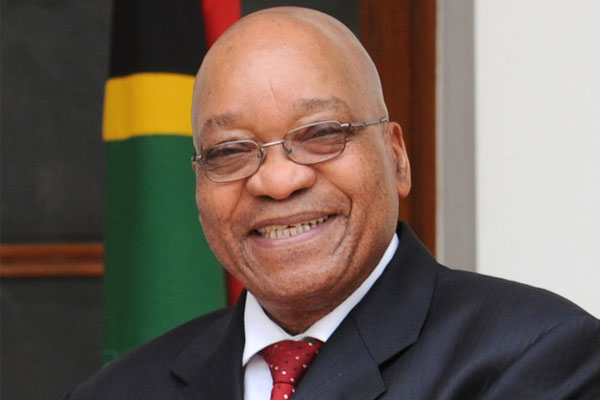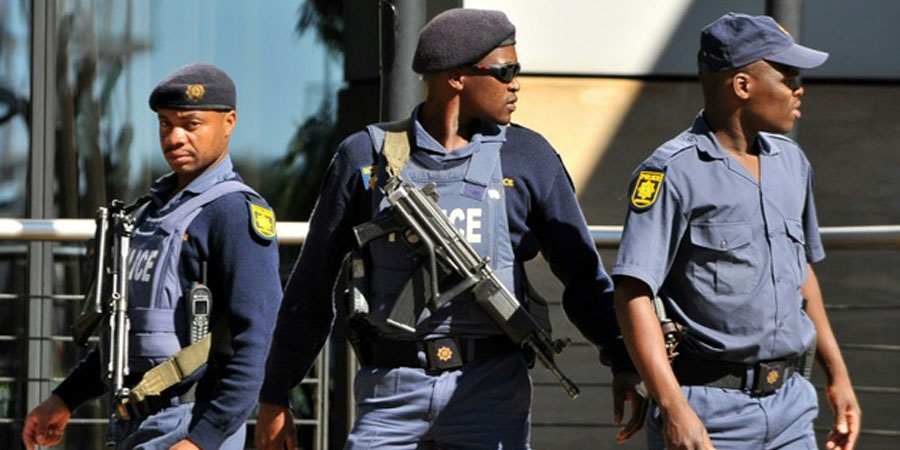Niger Crises: ECOWAS Parliament Tackles Heads Of States, Rejects Military Interventions
The Economic Community of West African States (ECOWAS) Parliament, has cautioned against the use of military power towards tackling the military coup in Niger Republic, stressing the need for diplomatic options to address the situation.
Members of ECOWAS Parliament made the call during a virtual extraordinary plenary session held Saturday.
Speaker of the ECOWAS Parliament, Sidie Mohamed Tunis, presided over the session which had most lawmakers appealing to ECOWAS leaders to adopt dialogue to mitigate the situation rather than military intervention.
Speaking, First Deputy Speaker of the Parliament, Hon Idris Wase, opposed the use of military might in resolving the coup dilemma in Niger republic.
He also accused the subregional military chiefs of pursuing economic motives for their alleged eagerness for the military to intervene in Niger.
According to Wase, “We should be careful not to start what we can’t finish. When the Russia – Ukraine war started, people thought it was going to be a sharp war. A year after, the war is still lingering on with the attendant economic squander and wanton destruction of lives and properties.
“The subregional military chiefs knows what they stand to benefit economically, that’s why they’re eager to militarily intervene in Niger. Most of them are corrupt.
“Any war on Niger will have adverse effect on 60 per cent of Nigeria, especially, Northern Nigeria”, he said.
Another Nigerian lawmaker and member of the ECOWAS parliament, Senator Ali Ndume faulted President Bola Ahmed Tinubu of Nigeria and ECOWAS Chairman for unilaterally closing the Nigerian Niger border and cutting electricity without the approval of the Nigerian National Assembly.
Ndume stated: “We are the representatives of the people. Whatever action that must be taken should be dependent on what our people wants.
“The ECOWAS Chairman, President Tinubu, wrote to the Nigerian Senate on the planned military intervention in Niger and the Red Chamber vehemently opposed the use of force. They prefer instead, dialogue should be adopted in resolving the impasse.
“President Tinubu has no right to close the Niger – Nigeria border and cutting electricity without the approval of the Nigerian National Assembly. It is not the Juntas that are suffering the sanctions, rather innocent people.”
Similarly, another ECOWAS parliamentarian, Hadja Satu Camara, agreed with the submissions of Ndume.
Camara stated that citizens must be considered before any other political sentiments. She said the current economic dispensation in West Africa does not favour war as the best solution to oust the military junta in the Republic of Niger.
On her part, Hon Linda Ikpeazu urged ECOWAS to appraised the past diplomatic means adopted in Guinea, Mali and Burkina Faso.
She affirmed that if the coupists in Niger are allowed to have their ways, it will amount to tactical signal for the military of other countries to plot coups, going forward.
“How effective was the diplomatic approach ECOWAS adopted in Guinea Conakry, Mali and Burkina Faso? The decision that ECOWAS should take in resolving the Niger political imbroglio will depends how effective the diplomacy adopted in the countries already under military government was.
“If that’s not done, it means, we are tactically giving approval for coups, knowing that the subregional body, ECOWAS cannot do anything punitive.”
Also contributing, the Fourth Deputy Speaker, Hon Salou DJibo from Niger Republic agreed with some of the resolutions of the Heads of State of ECOWAS.
He however insisted on the use of dialogue in resolving the impasse, saying the sanctions imposed on Niger is already taking its toll on ordinary Nigerians.
He explained that war will only inflict more pains on ordinary people.
“War will only compound the economic woes the peoples of the subregion are already going through.
“As we speak, over a thousand trucks, loaded with goods are stranded at the border.”
The lawmaker queried: “If a coup happened in Nigeria or Cote’d’Iviore tomorrow, where’s is the ECOWAS going to mobilized troops from to fight the Nigerian or Ivorian military? How many borders are we going to close?
“We must also bear in mind that, if we’re applying the ECOWAS treaty, it should be applicable to all.”
Hon Awaji-Inombek Dagomie Abiante, urged ECOWAS to pay keen attention and treat the root causes of coup in ECOWAS countries.
He said, diplomacy must be used to resolve the problem.
Hon Adebayo Balogun, in his contribution, drew clear line between intervening militarily to dislodge coupists and declaring war on a country.
He said, ECOWAS is not declaring war on Niger but simply intervening to remove the coupists from power because Niger is a signatory to ECOWAS revised protocol on non military intervention.
Virtually every contributor urged ECOWAS leaders to thread with caution, stressing that war is not an option. Some also asked leaders to consider the consequence on women and children who are always the major victims of violence and seek diplomatic resolution.
Some however feared that if the decision of the ECOWAS Head of States is not supported, democracy might be under threat in the region.
They consequently urged the Speaker and the House to adopt the decision of the Heads of Government. They also called for legal and financial resources to ECOWAS to reinstate the ousted President.




